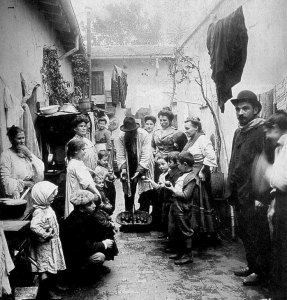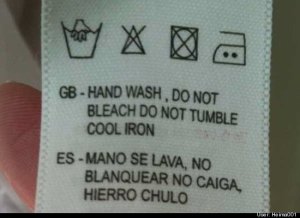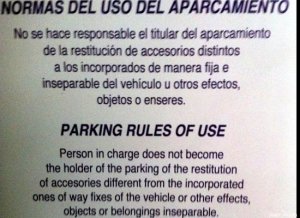In today’s globalized world, accessing translation services can be as easy as googling “translations” and taking your pick from the myriad of options appearing on your screen. You’ll find translation agencies and freelance translators all ready to undertake your translation project…for a price.
Some lower-end agencies charge a flat-rate per-word fee for a particular language. In some cases, you can even go to a website, enter the source and target languages and the number of words to be translated and be given an automatic quote. No consideration is given to the many underlying factors that determine whether a translation project is done to a professional standard or not…for these service providers, translating your document is simply a matter of languages and number of words. These agencies usually have lists of translators and mass-mail project offers to them, with no consideration given to expertise or experience. Quality is secondary to their goal of getting the job done as quickly as possible at the lowest price, period.
But in the business world, your website or printed documentation may be all that you have to give that great “first impression” that will grow your business. In the business world, a professional appearance and top-quality products can make or break a company. The best translation agencies understand that, and are ready to partner with you to show your clients – current or potential – how great your company is.
And it all starts with your words…translated into the language of your current and potential clients.

But just how are translation costs determined?
There are a number of factors that top-quality translation agencies (and translators) take into account when offering a quote for a translation project. The most important include:
Language pair. Logically, translations between common languages (such as English and Spanish, for example) cost less than translations between less-common languages (e.g., Swedish, Gaelic, Croatian) or between unusual language combinations (e.g., Spanish to Finnish) simply as a result of the law of supply and demand. If the target language is a specific language variant (Chilean Spanish, for example), your translation may cost more than if you request a general language variant (e.g., Latin American Spanish).
Agency or freelancer? A translation from a top-quality agency will generally cost more than a freelancer’s translation due to issues like business overhead, etc. However, choosing to go with an agency may be the right option for you if you need your text translated into a number of languages (for example, in the case of on-line businesses with a global target audience), as freelancers generally offer services in one or two languages only. Also, translation agencies have quality control processes that usually include at least one proofreading by another translator or a professional editor.
Subject matter and level of complexity. Here the rule is quite simple: the more difficult the subject matter is, the higher the translation rate. Top-quality translation agencies have a roster of translators who are highly experienced in specific fields; they may have received training in the topic in question, worked professionally in the field or have translated a large number of similar texts in the past. Rates for texts that are complex, highly specialized, technical or otherwise demanding are higher in order to compensate the increased level of expertise of the translator carrying out the project.
Turnaround times. Perhaps you’re in a rush and need your translation “yesterday”…or maybe you’re not and you’re happy with having it ready for you next week. Deadlines are another determining factor in translation pricing. Top-quality translation agencies have quality control processes that usually include at least one proofreading by another translator or a professional editor and – like anything else that is done well – this takes time. If you have a highly technical document, if the language combination is unusual, if your text requires DTP services, getting your document through the entire translation/quality control process becomes more complex, as does assembling the team that is going to carry out the project. Longer deadlines give agencies and translators more leeway in finding the most competent, yet cost-effective, providers of the services you need, and that means a lower cost for you.
Volume. The economy of scale does apply to translations. Handling one large translation project consumes less time and fewer resources than the same number of words spread among several projects. This means that the costs in human and material resources are lower for the agency or translator, and should mean a savings for you, too. This is also true for regular clients; once the agency or translator gets to know your particular needs (style, terminology, etc.), you may be able to negotiate a lower rate.
Document format. Simple formats (MSWord or plain text) take less preparation and handling than complex formats (documents converted from .pdf files, or documents with DTP characteristics such as brochures) as the latter cost more because it takes more time to process them.
Extra services. In today’s fast-paced world, it often makes sense to turn an entire project over to one service provider, and translating your document or website is no different. Top-quality agencies often offer one-stop shop complementary services so that you don’t have to seek out a DTP specialist or web page designer to get your project up and running. Of course, these services entail extra charges, but the savings in time, effort and stress may more than compensate the cost. When the team working on your project speaks the languages involved, you can rest assured that your web page or document will contain no language-based errors.
When you consider entrusting the translation of your document to a translation agency or freelance translator, remember that the text to be translated will be part of your company’s image and that it is far easier to create a good brand image than it is to fix a poor one. Put your company’s image into the hands of experienced professionals who will provide the expertise and outstanding quality you need to show your business in the very best light.

















